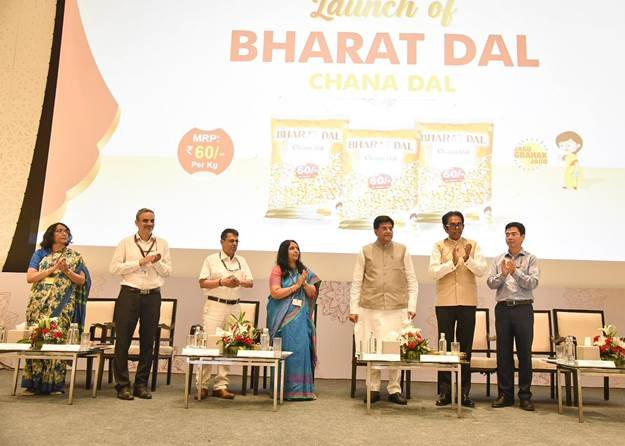CREDUCE signs MoU with Gujarat Govt to promote carbon credit development
It will positively impact the environment and provide carbon credits to the local communities.
Achieving a significant milestone, CREDUCE, a leading Carbon Credits Origination and Offset solutions provider, has signed an MoU with the Gujarat Ecology Commission, established by the Government of India, for a project-based activity on monitoring mangrove habitat plantation. The strategic partnership is aimed at preserving mangroves and restoring 10,000 hectares of coastal areas in Gujarat.
With 50 per cent of Indian mangroves expected to shift or vanish due to climate change by 2070, this initiative is directed to preserve and expand the mangrove cover. As part of the collaboration, CREDUCE will provide carbon credits development, monitoring, and trading advisory services for the project activities. The company will leverage its expertise and experience in nature-based solutions to ensure the successful execution of this game-changing project. It will positively impact the environment and provide carbon credits to the local communities.
The signing ceremony of the MoU took place in the esteemed presence of distinguished guests, including Minister of Environment, Forests and Climate Change (MOEF), Mulu Bhai Bera, Minister of State Gujarat, Mukesh Patel, Gujarat Ecology Commission Member Secretary, Mahesh Singh, and Principal Secretary of Environment & Forest Department, Gujarat, Shri Sanjeev Kumar IAS, among other dignitaries.
Shailendra Singh Rao, Climateur & Founder CREDUCE, said, “Protecting our biodiversity is our priority, and we are proud to partner with the government towards its initiatives. With the central government adding to Bharat’s success in afforestation by introducing Mangrove Initiative for Shoreline Habitats & Tangible Incomes (MISHTI) to its Budget, the resolve is clear. Forward looking states like Gujarat have taken the first step towards preservation and restoration, and we intend to help such positive initiatives by helping them accrue as many environmental benefits as possible.”
Mahesh Singh, GEC Member Secretary, said, “Gujarat as a state is rich in mangroves cover, which has consistently increased by two and a half folds in the last two decades. We can confidently boast of having the second largest after Sundarbans in Bharat. Buoyed by the Central Government initiatives and a positive political outlook, we are beginning the process of restoration, preservation, and habitat plantation and hope to become the largest in the country.”
It will positively impact the environment and














